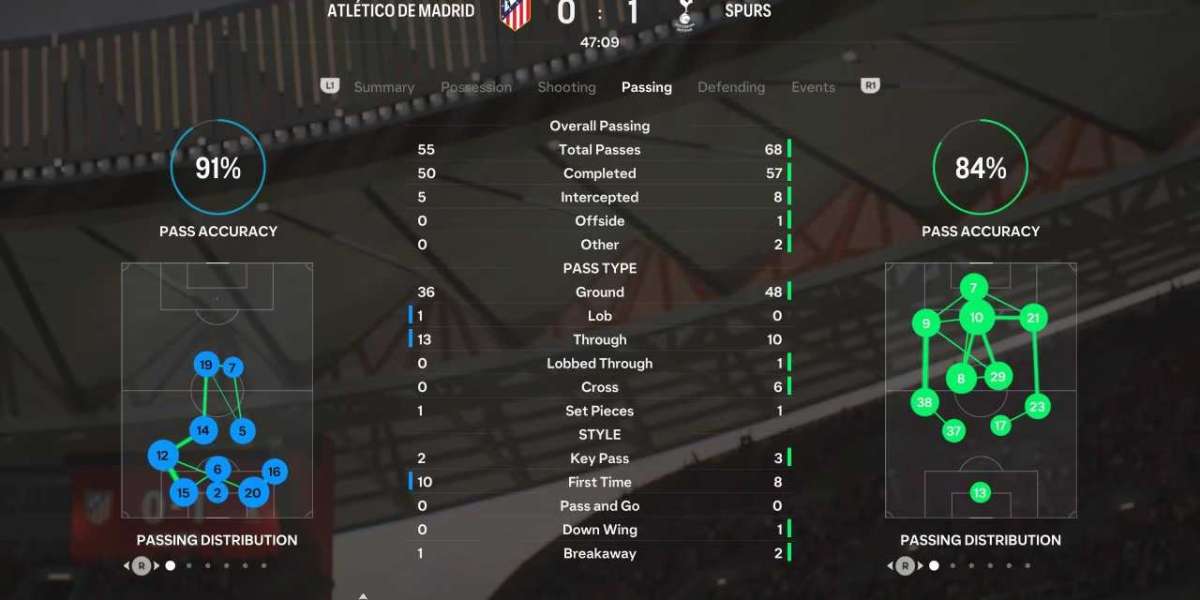Every child is unique, and children with special needs have their own set of abilities and challenges. Supporting these children requires patience, understanding, and an inclusive environment that celebrates their individuality. Whether it’s in the classroom, at home, or within the community, ensuring that children with special needs Oakland feel supported is crucial for their development and happiness.
What Does “Special Needs” Mean?
The term "special needs" encompasses a broad range of conditions that may affect a child’s ability to learn, interact, or develop in ways that are considered typical. These conditions can include:
- Physical disabilities such as cerebral palsy or muscular dystrophy
- Learning disabilities like dyslexia or ADHD
- Developmental disorders such as autism spectrum disorder (ASD) or Down syndrome
- Behavioral and emotional disorders, including anxiety or depression
Each condition comes with its own set of challenges, and the level of support a child needs will vary depending on their specific circumstances.
The Importance of Early Intervention
Early diagnosis and intervention are key when it comes to children with special needs. The earlier a child receives support, the better their chances for developing essential skills and overcoming challenges. Early intervention can include therapies such as speech, occupational, or physical therapy, which can help children with communication, motor skills, or sensory processing difficulties.
Schools often offer individualized education programs (IEPs) to tailor learning plans to a child's specific needs, ensuring that they receive the right level of support in their educational journey.
Creating Inclusive Environments
For children with special needs, inclusion is about much more than just physical accessibility. It’s about creating environments where they feel accepted, understood, and encouraged. Schools, playgrounds, and community spaces should be designed in ways that allow all children to participate.
Teachers and caregivers play a crucial role in fostering inclusion. By using strategies such as differentiated instruction, modifying lesson plans, and incorporating assistive technologies, they can help children with special needs feel included in everyday activities.
Tips for Parents of Children with Special Needs
Advocate for Your Child: Whether in healthcare or education, always speak up for your child’s rights and needs. You are your child’s best advocate, and making sure they get the support they require is essential.
Build a Support System: Surround yourself with a network of people who understand your child’s challenges. Support groups, friends, and family can be valuable sources of advice and encouragement.
Stay Informed: The world of special needs education, therapy, and treatment is constantly evolving. Stay updated on the latest developments, research, and options available for your child.
Celebrate Achievements: Every child, regardless of their challenges, has the potential to achieve great things. Celebrate milestones, big or small, and help your child recognize their progress.
The Role of Society in Supporting Children with Special Needs
Creating a more inclusive society starts with awareness. It’s important to educate others about the needs and abilities of children with special needs to foster understanding and acceptance. Public policies, better accessibility, and awareness campaigns can all help make the world a better place for children with special needs.
Conclusion
Children with special needs, like all children, deserve love, respect, and the opportunity to reach their full potential. By creating a supportive environment at home, in school, and in the community, we can help these children overcome challenges and thrive in their unique ways.








